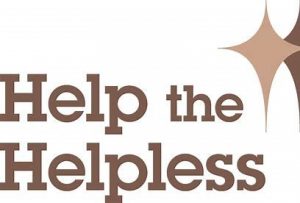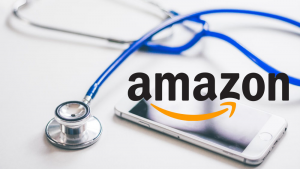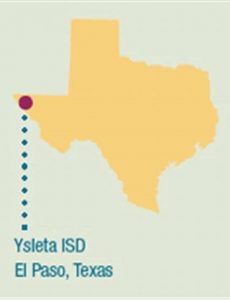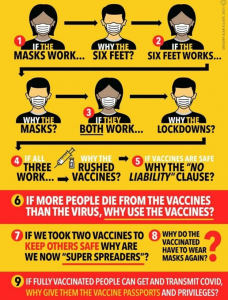Article Referred by Doug Aldeen
December 15, 2021 at 11:02 am PSTBy Jesse Jones, KIRO 7 News
OLYMPIA, Wash. — Charity care is a necessity for families all over the state and hospitals have written off hundreds of millions of dollars of care to those in need, keeping them from suffering crushing medical debt.
Continue reading Millions More Patients in Washington Could Soon Have Access to Charity Care













 Findings are based on a survey of 600 U.S.-based HR professionals who are directly involved in managing their company’s health insurance
Findings are based on a survey of 600 U.S.-based HR professionals who are directly involved in managing their company’s health insurance









